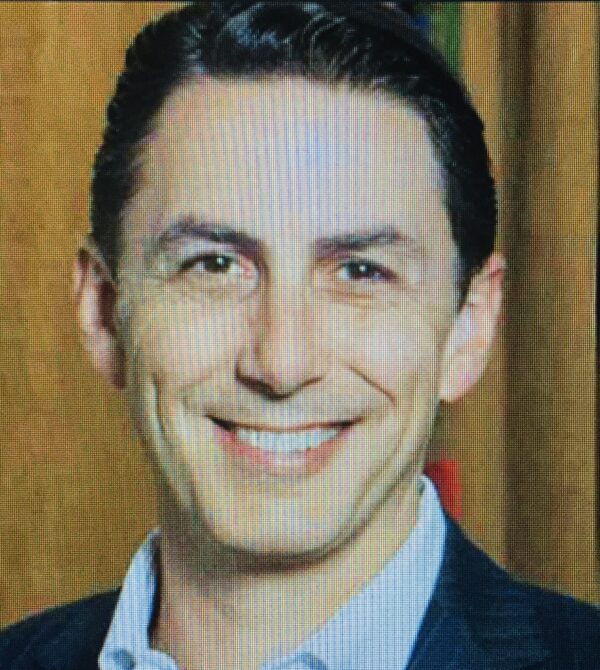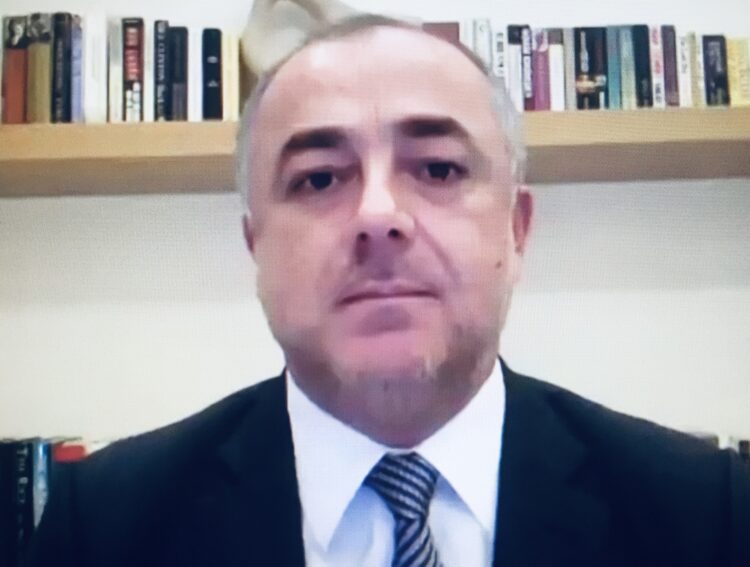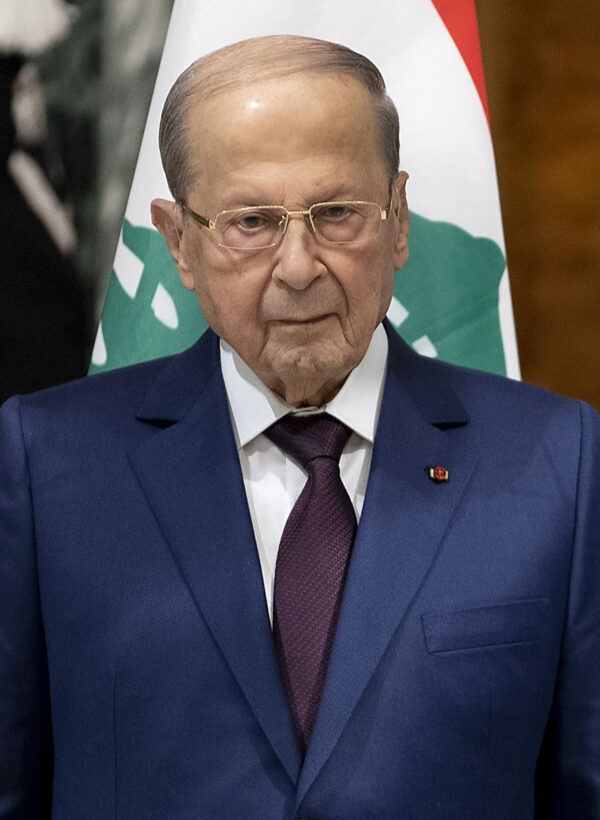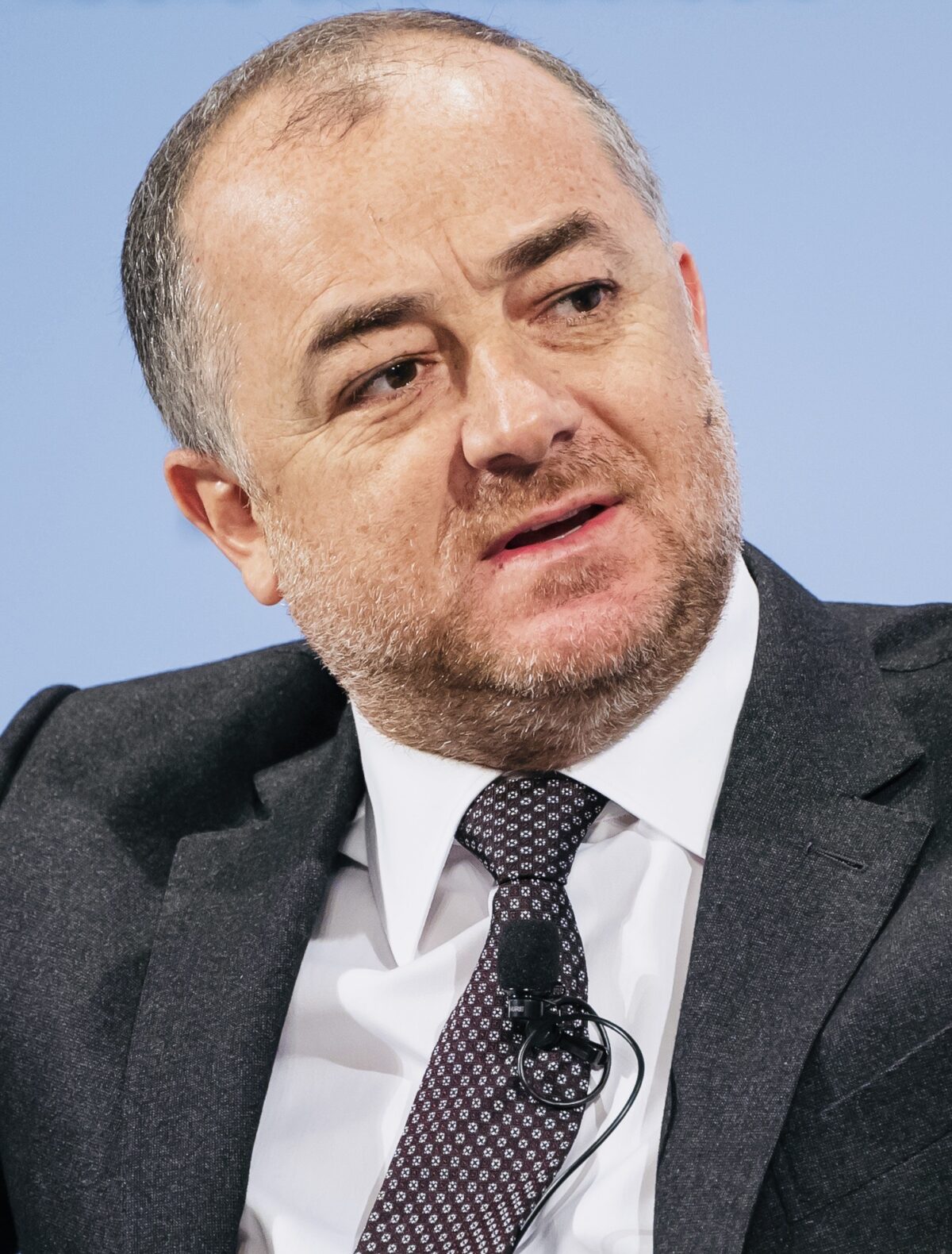Amos Hochstein, the U.S. mediator who brokered last week’s landmark maritime boundary agreement between Israel and Lebanon, claims that both sides attained “95 percent to 98 percent” of their respective objectives.
Lebanon’s chief negotiator, Elias Bou Saab, the deputy Speaker of the Lebanese parliament, hailed it as “a historic event” and a “game changer” for his ailing country.
Speaking at a Zoom webinar on October 18 sponsored by The American Task Force on Lebanon, Hochstein called the agreement — which focused on two natural gas fields in the eastern Mediterranean Sea — the culmination of eleven years of on-again, off-again negotiations.
It clicked into place for two reasons.
First, Lebanon is mired in a severe financial crisis, and the Lebanese government regarded an agreement as an economic necessity. Second, the structure of the negotiations was changed to maximize the prospect of success.
According to Hochstein, the average person in Lebanon currently has access to less than six hours of electricity per day. “You can’t build an economy if you can’t flip a light switch or turn on a computer,” he said.

Since each side pursued different goals, Hochstein noted, he decided to focus on these points. This strategy turned out to be successful.
In the end, the Karish natural gas field was assigned to Israel, while the adjacent Qana reservoir was reserved for Lebanon.
Several years will elapse before gas can be extracted from the Qana field, Hochstein said. In the meantime, Egypt and Jordan will supply Lebanon with gas and electricity.
Hochstein dismissed Israeli and Lebanese critics who contend that a better agreement could have been worked out. “There was no better deal,” he argued.
The agreement will enable Lebanon to restart its faltering economy, he said.
As for Israel, the accord carves out its maritime border, lowers tensions between Israel and Hezbollah, and enhances its security. In addition, it will bring stability and prosperity to the region.
Since a small portion of the Qana field lies in Israeli waters, Israel will be renumerated, he said.
Asked if the agreement will encourage Israel and Lebanon to finally define their land border, Hochstein expressed caution. “There are still significant challenges between Israel and Lebanon. Let’s take one step at a time.”
While Lebanon still does not formally recognize Israel, the maritime agreement could well be a template for an accord that defines their land frontier, he said.
A date for signing the agreement has yet to be chosen, but Hochstein is expected to be in Lebanon next week.
Saab, the former Lebanese defence minister, hailed Hochstein as a “fair, tremendous, smart and diplomatic” mediator. “His dynamic win-win approach opened the possibility for an agreement,” he said. “You helped make a deal happen.”
In his estimation, the alternative would have been an escalation of tensions in the region and, possibly, a war pitting Israel against Hezbollah.
“We wanted our full rights and this is what happened,” he said.
TotalEnergies, the French company that will drill for gas in the Qana field, will compensate Israel. Lebanon will not be involved in this transaction, said Saab. “We did not move forward until this arrangement was confirmed.”

“Total is ready to begin work,” he said.
Lebanese President Michel Aoun, Saab’s boss, announced on October 18 that TotalEnergies intends to start drilling very soon.
Saab claimed that Hezbollah’s pressure campaign directed at Israel was useful in accelerating the talks. “It helped speed up the deal. What we needed was not war, but stability. There was a window of opportunity and we grabbed it.”
Hezbollah did not participate in the talks due to its refusal to accept Israel’s existence, he explained. However, Hezbollah was prepared to support an agreement if Lebanon’s “rights” were recognized, he said.
Aoun assured Saab that all of Lebanon’s political factions endorsed the deal. “There was unity on this issue, and it gave us strength.”

Profits from the Qana field will be channeled into a special sovereign fund for the benefit of all Lebanese, he claimed, adding that corruption will not taint the agreement.
